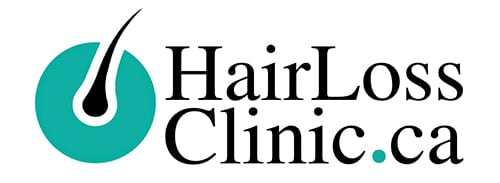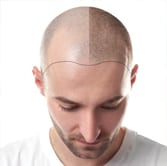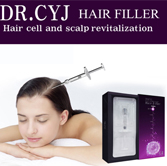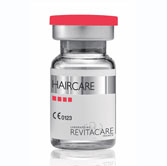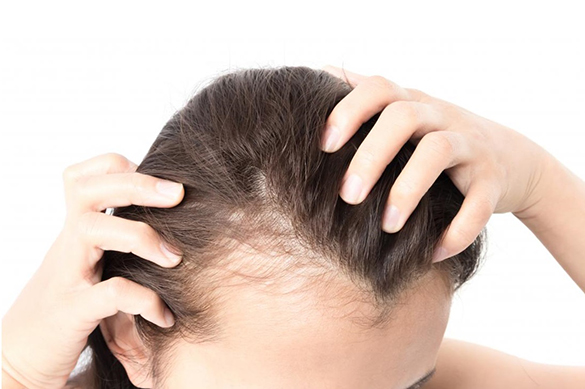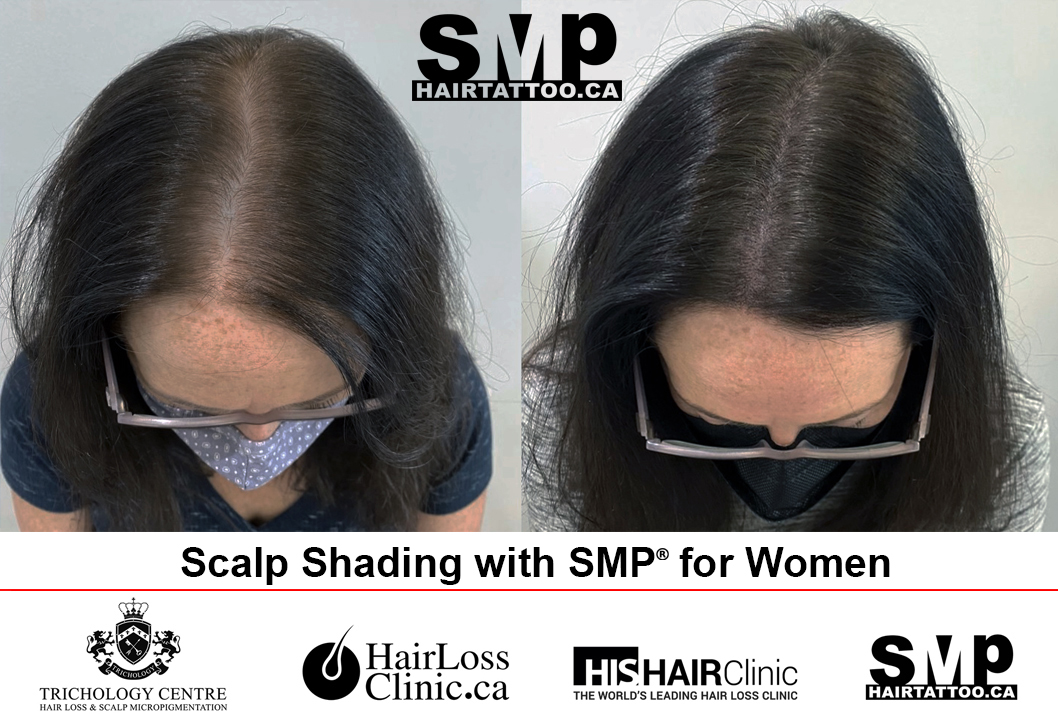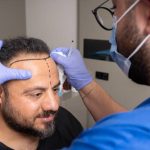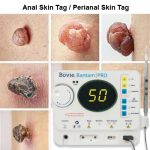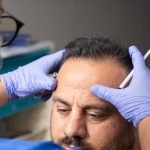Table of Contents
Hair Loss Treatment – Trichology Centre
Hair loss, or alopecia, is a common condition affecting men, women, and children of all ages. There are different types of hair loss, including androgenetic alopecia (male or female pattern baldness), alopecia areata ( autoimmune disorder causing patchy hair loss), and telogen effluvium (temporary hair loss that occurs due to stress, medication, or other factors).
There are several treatments available for hair loss, including:
Medications: Several medications can help stimulate hair growth or slow down the rate of hair loss. These include minoxidil (Rogaine), finasteride (Propecia), and various topical treatments.
PRP Hair Treatment: PRP (platelet-rich plasma) hair treatment is a type of procedure that involves injecting a concentration of a person’s own platelets into their scalp. The goal of PRP treatment for hair loss is to stimulate hair growth and improve the thickness and overall quality of the hair.
Hair transplantation: Hair transplantation involves taking hair follicles from one part of the body and transplanting them to the area of hair loss. This can be an effective treatment for some people but it is expensive and surgical.
Scalp micropigmentation: Scalp micropigmentation is a cosmetic procedure involving applying pigment to the scalp to create the appearance of fuller, thicker hair. It can effectively camouflage hair loss or thinning, but it is not a permanent solution.
Wigs and hairpieces: Wigs and hairpieces can effectively cover up hair loss and restore a full head of hair. Many different styles and materials are available, and they can be a good option for people who do not want to undergo medical or surgical treatments.
Not all hair loss treatments are effective for everyone, and the best approach will depend on the individual and the underlying cause of their hair loss. Therefore, it is essential to speak with a dermatologist or other healthcare provider for a thorough evaluation and to discuss the most appropriate treatment options.
How can I regrow hair naturally and stop hair loss?
There are a few steps you can take to try to stop hair loss and promote hair regrowth naturally:
Maintain a healthy diet: A diet rich in protein, iron, and other nutrients is essential for healthy hair growth. Foods high in these nutrients include lean meats, fish, eggs, leafy green vegetables, and nuts.
Avoid certain hairstyles: Tight hairstyles, such as cornrows or ponytails, can strain your hair and lead to hair loss. Avoiding these hairstyles or wearing them only occasionally can help prevent hair loss.
Use gentle hair care products: Harsh hair care products and hot styling tools can damage your hair and lead to hair loss. Instead, opt for gentle, sulphate-free conditioners, and use heat-styling tools on a low setting.
Avoid stress: High levels of stress can lead to hair loss. Instead, try to manage stress through relaxation techniques such as meditation, yoga, or deep breathing.
Massage your scalp: Massaging your scalp can stimulate blood flow to the hair roots, which may help promote hair growth. You can use your fingertips or a scalp massager to massage your scalp for a few minutes each day gently; taking supplements: Certain supplements, such as biotin and folic acid, may help promote hair growth. However, speaking with a trichologist provider before taking any supplements is crucial, as they can interact with certain medications and have side effects.
It is worth noting that while these natural remedies may help stop hair loss and promote hair regrowth, they may not be effective for everyone. If you are concerned about your hair loss, you will need to consult a trichologist for a thorough evaluation and to discuss the most appropriate treatment options.
Can hair regrow after hair fall?
Hair can regrow after hair fall, but it will depend on the cause of the hair loss.
If the hair falls, temporary factors such as stress, medication, or a change in hormones may regrow once the underlying cause has been addressed. In these cases, patience is essential and allows time for the hair to regrow.
If the hair loss is due to a more permanent condition, such as male or female pattern baldness (androgenetic alopecia), it may be more difficult for the hair to regrow. In these cases, medical or surgical treatments may be necessary to stimulate hair growth or slow down the rate of hair loss.
It is essential to speak with a dermatologist or other healthcare provider for a thorough evaluation and to discuss the most appropriate treatment options for your specific
situation.
Is there a true cure for hair loss?
There is currently no known cure for hair loss, although several treatments available can help stimulate hair growth or slow down the rate of hair loss. The best treatment will depend on the underlying cause of the hair loss and the individual’s specific situation.
Several vitamins are essential for healthy hair growth, including:
Vitamin A: Vitamin A helps to produce an oily substance called sebum that helps to keep the scalp and hair hydrated. Foods high in vitamin A include carrots, sweet potatoes, spinach, and eggs.
Vitamin B: The B-complex vitamins, including vitamins B6 and B12, are essential for healthy hair growth. Foods that are high in these vitamins include poultry, fish, dairy products, and meat.
Vitamin C: Vitamin C is necessary for producing a protein that helps strengthen hair and prevent breakage called collagen. Foods high in vitamin C include citrus fruits, bell peppers, strawberries, and broccoli.
Vitamin D: Vitamin D is necessary for healthy hair growth, and a deficiency in vitamin D can lead to hair loss. Vitamin D is naturally produced by the body when the skin is exposed to sunlight, and it can also be found in certain foods, such as fatty fish and egg yolks.
Vitamin E: Vitamin E helps to protect the scalp and hair from damage caused by free radicals. It is an antioxidant. Foods high in vitamin E include sunflower seeds, almonds, and avocado.
It is worth noting that while it is essential to get sufficient amounts of these vitamins for healthy hair and hair growth, it is also necessary to have a well-balanced diet that includes a variety of nutrients. Suppose you are concerned about hair loss or are experiencing a deficiency in any of these vitamins. In that case, speaking with a healthcare provider for a thorough evaluation and discussing the most appropriate treatment options is essential.
Scalp micropigmentation (SMP) is a relatively new procedure invented about 20 years ago by His Hair Clinic in the United Kingdom. The procedure involves placing small ink dots into the scalp to replicate the look of hair stubble. Often called a hair tattoo, the process differs from a traditional tattoo. The process does not go as deep as a traditional tattoo, and specialized SMP inks and needles are used for the procedure.
For those alopecia patients whose traditional hair loss treatments have not worked, scalp micropigmentation has become a popular choice.
Comments are closed.
